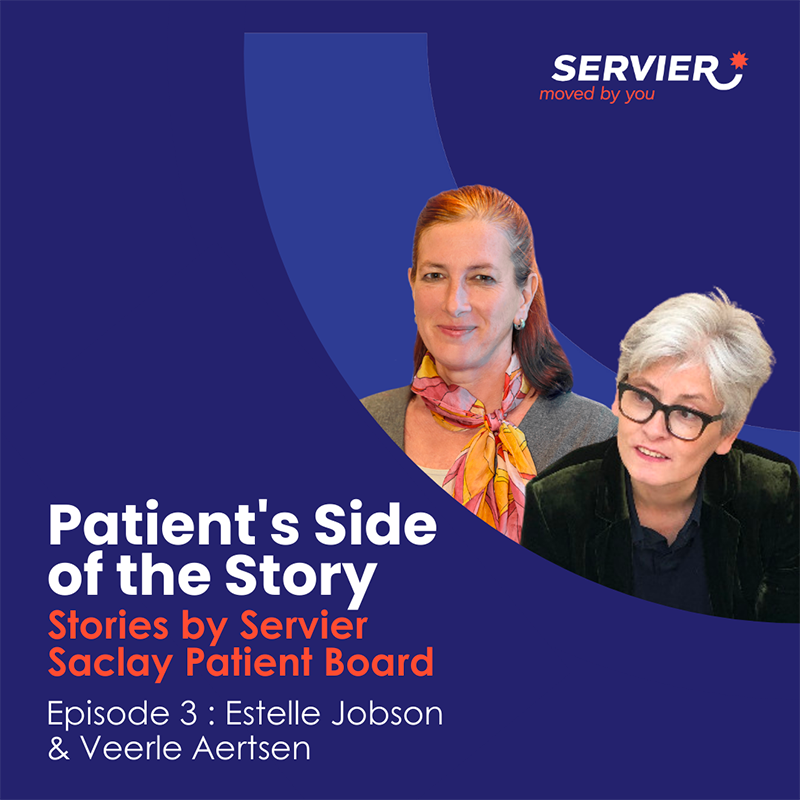Throughout the world, 10 million people live with Parkinson’s disease1. This complex disorder, which mainly affects motor function control, is increasingly common worldwide. By 2040, it is estimated that over 12 million2 people will be affected. For this reason, to mark World Parkinson’s Day on April 11, 2024, we at Servier would like to emphasize our ongoing commitment to patients.
Parkinson’s disease is the result of the slow and progressive degeneration of neurons. These include dopaminergic neurons found in the part of the brain responsible for producing dopamine, a neurotransmitter involved in the control of movement. .
60 years
is the average age at diagnosis3.
The disease is complex, given that other neurotransmitters may also be affected by neuronal degeneration. Consequently, other symptoms may arise as the disease progresses, including mood disorders, sleep disturbances, cognitive deficits, constipation, urinary incontinence, problems with swallowing, smell, etc. In advanced stages, Parkinson’s leads to progressive and total loss of autonomy for patients.
Working hand in hand with patients
Servier has collaborating with the Parkinson’s Europe organization for many years, by actively supporting their World Parkinson’s Day awareness campaign. This year, the campaign focuses on the benefits of physical activity and exercise for people with Parkinson’s disease.
Original patient podcasts
Servier and the Saclay Research & Development Patient Board have teamed up to produce podcasts with and for patients. In this episode, we meet Estelle, who suffers from endometriosis, and Veerle, who has been diagnosed with Parkinson’s disease. Estelle and Veerle are two women with two stories and two inspiring and engaging journeys! !
Listen to the podcast on your favorite platform here.
Servier’s ongoing commitment to neurosciences
To address a major and growing medical need, and as part of our Servier 2030 strategy, we aim to be an industry innovator in the field of neuroscience. To achieve this, we are investing heavily in R&D, taking a patient-centered approach, and focusing on the development of targeted therapies.
Neurodegenerative diseases are chronic disorders that progress toward a total loss of autonomy.
A ground-breaking collaboration in artificial intelligence (AI)
In January 2024, we announced a new collaboration with Aitia on Parkinson’s disease. Aitia’s Gemini Digital Twin technology will be used to identify sub-populations of patients who may respond favorably to the LRRK2 treatment currently being developed by Servier.
« I am confident that by combining scientific innovation with the power of digital technologies, such as Aitia’s Gemini Digital Twins, we may be able to better understand the biology of Parkinson’s disease and transform our drug discovery process in the field of neuroscience. »
Ross Jeggo, Global Head of Neuroscience and Immuno-inflammation Therapeutic Area, Research and Development, Servier
[1] Source : N. Maserejian, L. Vinikoor-Imler, A. Dilley (Cambridge, MA, USA), Estimation of the 2020 Global Population of Parkinson’s Disease (PD) Meeting: MDS Virtual Congress 2020
[2] Source : What next in Parkinson’s disease? Lancet. 2024 Jan 20;403(10423):219. doi: 10.1016/S0140-6736(24)00094-1.
[3] Source : hopkinsmedicine.org

